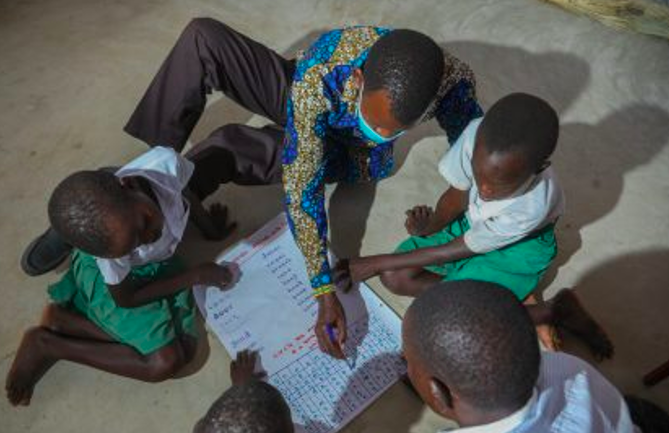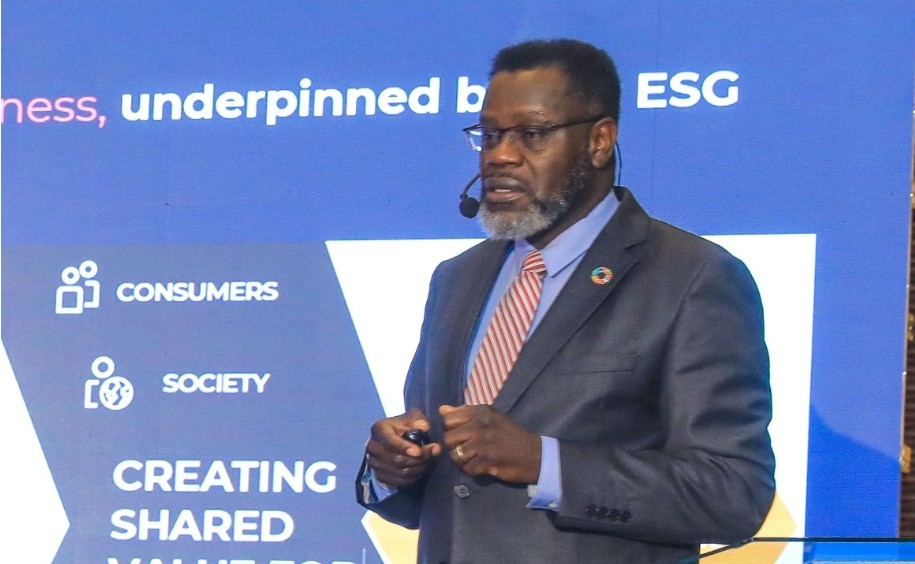

Today marks International Day of Education, with the theme: "AI and Education: Preserving human agency in a world of automation" My two cents passionately argues that embracing AI education is not a luxury but a necessity for preparing students to navigate an increasingly complex and technology-driven global environment, emphasizing the potential for transformation while acknowledging the significant challenges of infrastructure, teacher training, and curriculum development.
Kenya is at a crucial juncture in the realm of educational technology. Although we've glimpsed our technological potential, the integration of AI in schools is still fragmented and lacking. Our digital landscape paints a concerning picture.
Despite being referred to as the "Silicon Savannah" and having forward-thinking technological policies, our educational system is struggling to effectively incorporate AI. The tech hubs in Nairobi are alive with innovation, yet this energy has not significantly impacted our classrooms.
The current situation is alarming. Most schools in Kenya do not have comprehensive AI literacy programs. A handful of urban schools, mainly in Nairobi and larger cities, have introduced basic computer classes, but these focus more on general digital skills rather than a true understanding of AI.
On a national level, our approach has been more reactive than proactive. The Kenya Institute of Curriculum Development recognizes the importance of AI, but actual implementation remains largely theoretical.
While we've discussed potential frameworks, there is a lack of concrete, nationwide strategies. Looking at the continent, the outlook is not much brighter.

Countries like South Africa and Rwanda have begun to implement more structured tech education initiatives, but many African nations, including Kenya, are still trying to catch up in the global technological race.
a) Teacher Competence Many educators do not have training in AI. The typical Kenyan teacher is already burdened with the demands of the existing curriculum and has little exposure to advanced technology concepts. Without focused and thorough training programs, we cannot expect effective AI education.
b) Infrastructure Limitations Numerous schools, especially in rural regions, face significant infrastructure challenges. Access to reliable electricity, stable internet, and adequate computing devices are major obstacles. How can we effectively teach AI when basic technological access is so limited?
c) Curriculum Gaps Our current educational framework does not adequately incorporate technological literacy. AI should not be treated as a separate subject but should be integrated into mathematics, science, and the humanities. There is an urgent need to create a comprehensive national AI education strategy that goes beyond just policy documents.

This initiative requires significant investment in several key areas: training teachers, building strong infrastructure, and completely redesigning the curriculum to effectively incorporate AI concepts.
To reach this ambitious goal, we need to encourage public-private partnerships. Collaboration among tech companies, educational institutions, and government agencies is crucial for developing an effective framework.
Companies like Safaricom and Microsoft Kenya, along with local startups familiar with technology trends, can offer valuable resources and insights tailored to our educational needs.
Their participation can improve training programs and ensure they are relevant to real-world applications. Additionally, it is essential that teacher training programs are not just one-time workshops but rather ongoing professional development initiatives.
Such continuous efforts will help
educators gain true technological confidence over time, enabling them to teach
AI concepts effectively to their students. Investment in infrastructure is also
vital for this educational transformation.
However, this doesn't mean we should hastily implement expensive or cutting-edge technology in every school overnight.
Instead, we should begin by setting up basic digital learning centers with modest computer labs and ensuring reliable internet access across all educational institutions, creating a solid foundation for future advanced technologies.
Furthermore, the curriculum must significantly evolve to include
essential elements of AI education. This new curriculum should focus on
fundamental programming skills while also covering important topics like the
ethical implications of artificial intelligence and encouraging critical
thinking about various technological applications.
Practical, hands-on learning experiences will greatly enhance students' engagement with these concepts. Ultimately, our goal goes beyond simply teaching a skill; we are preparing digital citizens who will be ready to navigate an increasingly complex technological landscape with confidence and capability.
Some might argue that basic education should take priority over such advanced topics; however, this viewpoint creates a false choice. In truth, AI literacy is not a distraction from foundational learning—it is deeply connected to future success in our rapidly changing world.
Kenya has previously demonstrated remarkable potential for technological leapfrogging; the revolution of financial services by M-Pesa is a prime example of what can be accomplished when we fully embrace innovation.
We have the chance to replicate this success within our education system, but it requires bold and decisive action now.
Every month of delay only serves to widen the growing global technological divide—an outcome that would significantly disadvantage our children as they seek opportunities in an increasingly competitive environment.
They deserve an education designed for their future—not one rooted in outdated paradigms from our past.
The choice before us is clear: we can either embrace this incredible potential for technological transformation or risk becoming mere spectators on the sidelines of global innovation.
Kenya's potential is vast; all it takes is collective
willpower among stakeholders at every level to turn these aspirations into
reality—and ensure that future generations thrive in an interconnected world
shaped by rapid technological advancements.
Beria Wawira - Senior Program Officer, Zizi Afrique Foundation













